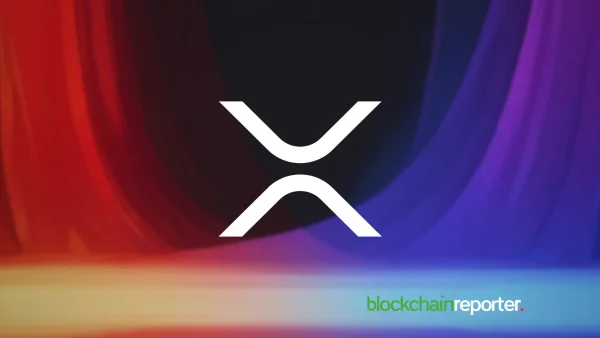
In a significant development that has captured the attention of both analysts and investors, the total supply of Bitcoin held by short-term holders has experienced a substantial increase of over 84,500 BTC in the past week. This surge in Bitcoin held by short-term holders has sparked discussions about the shifting dynamics of the Bitcoin market.
According to data shared by @ali_charts on X, this notable rise in Bitcoin holdings among short-term holders comes at a time when Bitcoin’s price is also experiencing upward momentum. The growing accumulation of Bitcoin by short-term holders suggests a potential shift in market sentiment, where more participants are actively engaged in trading and speculating on price fluctuations rather than committing to long-term holdings.
As of January 23, 2025, Bitcoin held by short-term holders surpassed 3.96 million BTC, which is a significant portion of Bitcoin’s circulating supply. The graph also shows a corresponding rise in Bitcoin’s price, with the price of Bitcoin climbing steadily. The relationship between the increase in short-term holdings and the price of Bitcoin could be indicative of increased speculative trading, where short-term holders are capitalizing on price momentum rather than holding for long-term appreciation.
Impact of Short-Term Holdings on Bitcoin’s Future
The recent surge in Bitcoin held by short-term holders could have important implications for the broader market. As the total supply held by short-term holders rises, it could lead to heightened volatility in the Bitcoin market. Short-term holders are more likely to react quickly to price changes, selling off their holdings when prices dip or profiting from quick price spikes.
The growing presence of short-term holders contrasts with the relatively steady accumulation of Bitcoin by long-term holders. These long-term holders have shown resilience and confidence in Bitcoin’s future potential, often holding through periods of market volatility. As the number of short-term holders increases, the market may face greater competition between these two groups those focused on short-term gains and those committed to long-term wealth preservation.
For Bitcoin to reach the next level of maturity as a financial asset, it will need to attract both types of participants. Institutional investors, who often have a long-term horizon, could potentially bring further legitimacy to the market. However, the volatility introduced by short-term holders could serve as a deterrent to institutional participation, as large players generally prefer more stability in the assets they invest in.
As Bitcoin continues to evolve, the increasing accumulation of Bitcoin by short-term holders could signal a major shift in how Bitcoin is viewed and traded globally. The market could become more liquid and dynamic, with higher trading volumes and more frequent price movements. This shift could also prompt other markets to adjust their policies and regulatory frameworks in response to the growing prominence of Bitcoin as both a store of value and a speculative asset.








